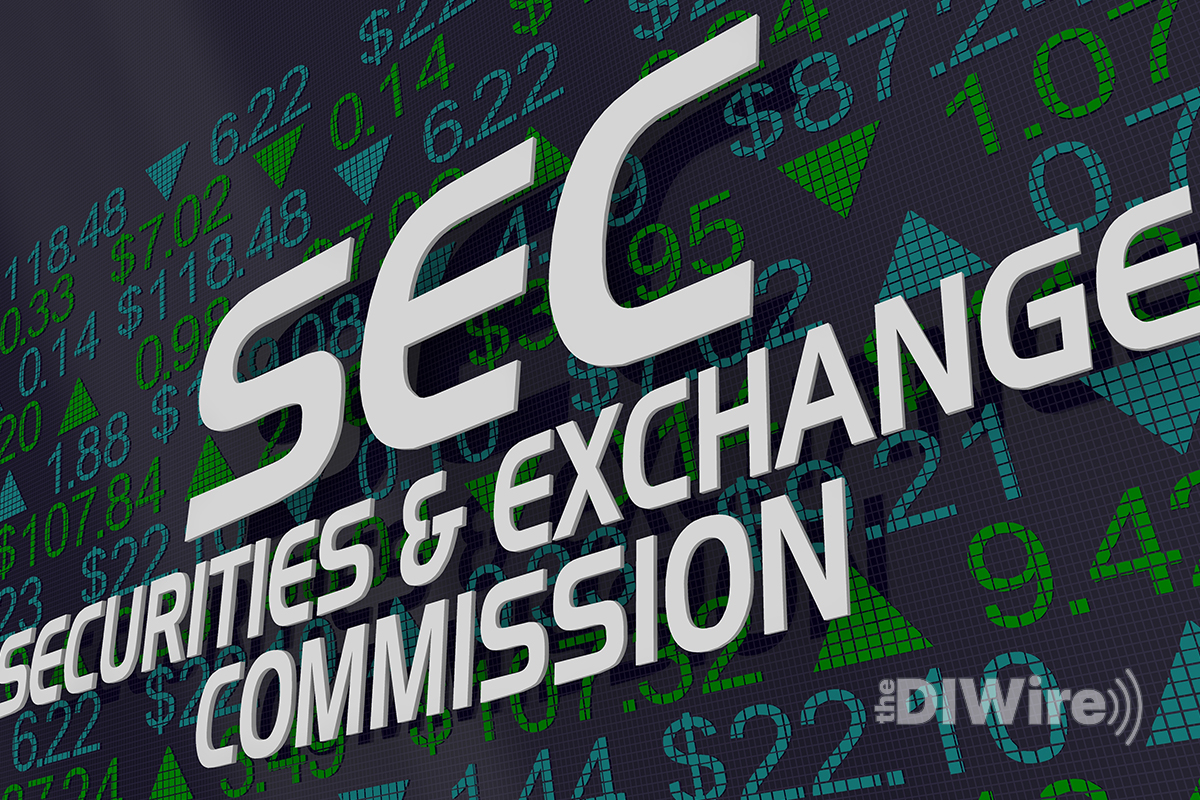Opinion: A New Year, But Still the SEC Is Nowhere to Be Found

Throughout our series on regulatory overreach, we have repeatedly looked at situations where the SEC and other governmental groups, including FINRA, the Supreme Court and Congress, have repeatedly missed opportunities to do what is right and fair by the American people.
We have observed how individuals are punished heavily by the SEC with threats of huge fines, possible jail time, and the loss of their business, professional credentials, reputation and much more. Yet, for some groups, the SEC seems to look the other way. For example, when more than 70 members of Congress were identified as being in violation of the STOCK Act of 2012, they received only a fine of $200, which may be waived by House or Senate ethics officials. In recent months, it seems that this trend has not changed.
As reported by The Wall Street Journal in February, U.S. ethics officials have warned one-third of the Energy Department’s senior officials that either they or their families own stocks in areas related to the department’s work. This coincides with the Journal’s October 2022 report that more than 20% of senior federal employees across 50 federal agencies – including the EPA, the Department of Defense, the FDA and others, disclosed stock investments in companies which were lobbying their agencies for favorable policies. Some held stock in foreign companies that the U.S. was considering blacklisting. Others engaged in short selling and options. The Journal also reported that when the holdings caused a conflict, the agencies would simply waive the rules. Where is the SEC in these cases?
Similarly, the October report also stated that one SEC official had not reported his nor his spouse’s holdings and trades, which included stocks that SEC employees were not allowed to own, for seven years. As a penalty, he was suspended for seven days and gave up 16 hours of leave time. This punishment is a far cry from the fines, jail time and loss of position that the SEC often includes as part of its enforcement.
In the Energy Department’s case, the SEC may be nowhere to be found because the Energy Department’s policies have gaps and loopholes. For example, unlike several other government entities, the Energy Department does not specifically ban its officials from investing in energy-related opportunities. Instead, it points out when a holding has the potential to become a conflict of interest by sending the official a letter and reminding them to not violate the law. This may be why David Meyer, a senior adviser in the Energy Department’s electricity division, was able to report more than 450 trades between 2016 and 2021 that, according to ethics officials, were related to the department’s works, again as reported by The Wall Street Journal. For many, this would seem to be the definition of insider trading – the practice of buying and selling securities based on information to which the general public does not have access. The SEC was created to protect the public from just this kind of activity, yet the SEC seems to be interested neither in punishing the Energy Department’s advisers nor in helping to close the loophole. Where is the SEC here?
One area where the SEC has been present recently is in its charge against The Church of Jesus Christ of Latter-day Saints and its non-profit entity, Ensign Peak Advisers Inc. The SEC charged that the church and Ensign Peak failed to file the forms that would have disclosed the church’s equity investments and that the church sought to hide its $32 billion, as of 2018, investment portfolio. The church and its fiduciary received a total fine of $5 million, less than one percent of the wealth it hid since 1997. No individuals were named in the charge. Could a small business have expected such a relatively lenient penalty, given the amount of time and dollars involved in this case?
Why does the SEC apparently have one set of rules for large groups and corporations, while it seemingly has another set of rules for small business owners? While there are many potential theories we could posit, there can be no doubt that this system works differently for different groups of people and is counter to everything that the SEC was established to do. The mere threat of action from the SEC is enough for most small businesses and their individual owners to settle, lest they should receive a harsh penalty from the SEC. Rarely, however, does it appear that individuals are named when it comes to the cases involving larger, wealthier organizations. The SEC is not just designed to protect the ultra-wealthy; it is designed to protect all investors and financial professionals.
Have you had an experience involving the hypocrisy of the SEC? What are your thoughts on the SEC’s recent actions, or lack thereof? Please visit the website www.publiusconnect.com and leave me your thoughts. Let’s work together to create a positive change in the SEC and other regulatory agencies that will truly support and protect all of us in the financial sector.
Editor’s note: The author of the preceding article is a chief executive officer in the financial services industry, who, for fairly obvious reasons, elects to share his thoughts on this subject anonymously. The DI Wire does not normally publish articles that do not disclose the author. In this instance, however, we have allowed it given the nature of the piece, the importance of open discussion and varying viewpoints, and the fact that we have personally confirmed Publius’ identity.
The views and opinions expressed in the article are those of the author and do not necessarily reflect the views of The DI Wire.

